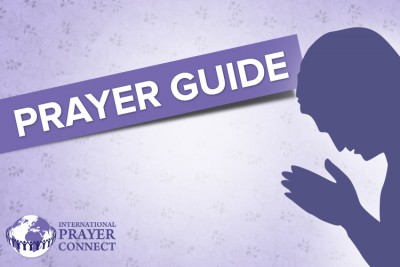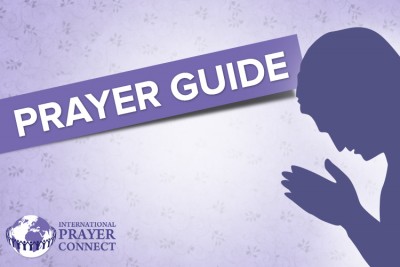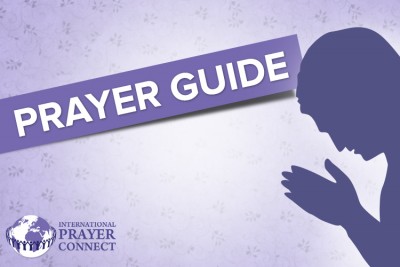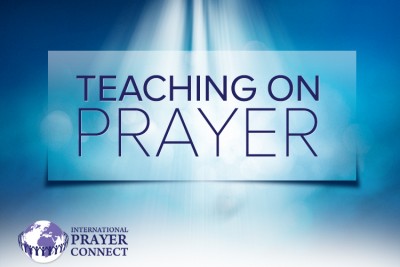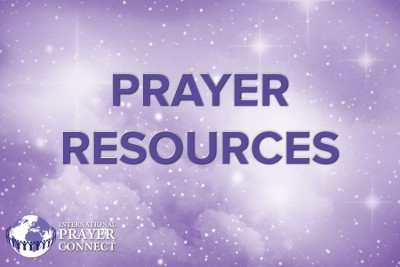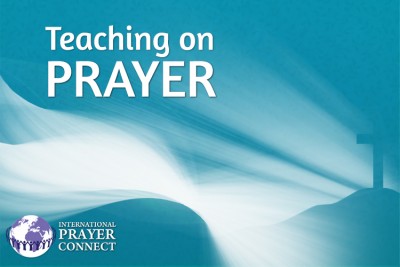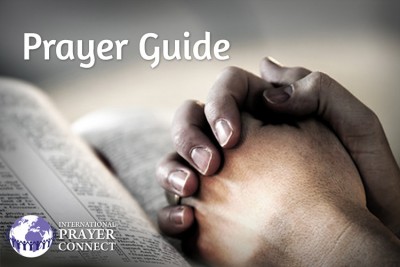That We May Be One So the World May Believe
13 Nov 2012We know that the unity of all followers of Christ, is on the heart of the Lord. It was the last prayer He prayed for His disciples and for us who have come to faith centuries later. Unfortunately, Christians in general have allowed themselves to be split into tens of thousands of denominations....
This document outlines the work of the Holy Spirit in changing lives from Bible times to the present day.
Guidelines for effective intercession
08 Nov 2012Many intercessors want to pray for their ministers or a missionary but do not always know what to pray, or how to pray. These guidelines will help the intercessors to pray more objectively than merely saying "Lord, please bless the person, Amen".
Building a National Prayer Network
07 Nov 2012How to find personal intercessors
07 Sep 2012Prayer Initiative for North Korea, Sept. 2011
10 Apr 2012"For I know the plans I have for you, plans to prosper you and not to harm you, plans to give you a hope and a future" Jeremiah 29:11. This video shows life in North Korea and how much our prayer support is needed.
